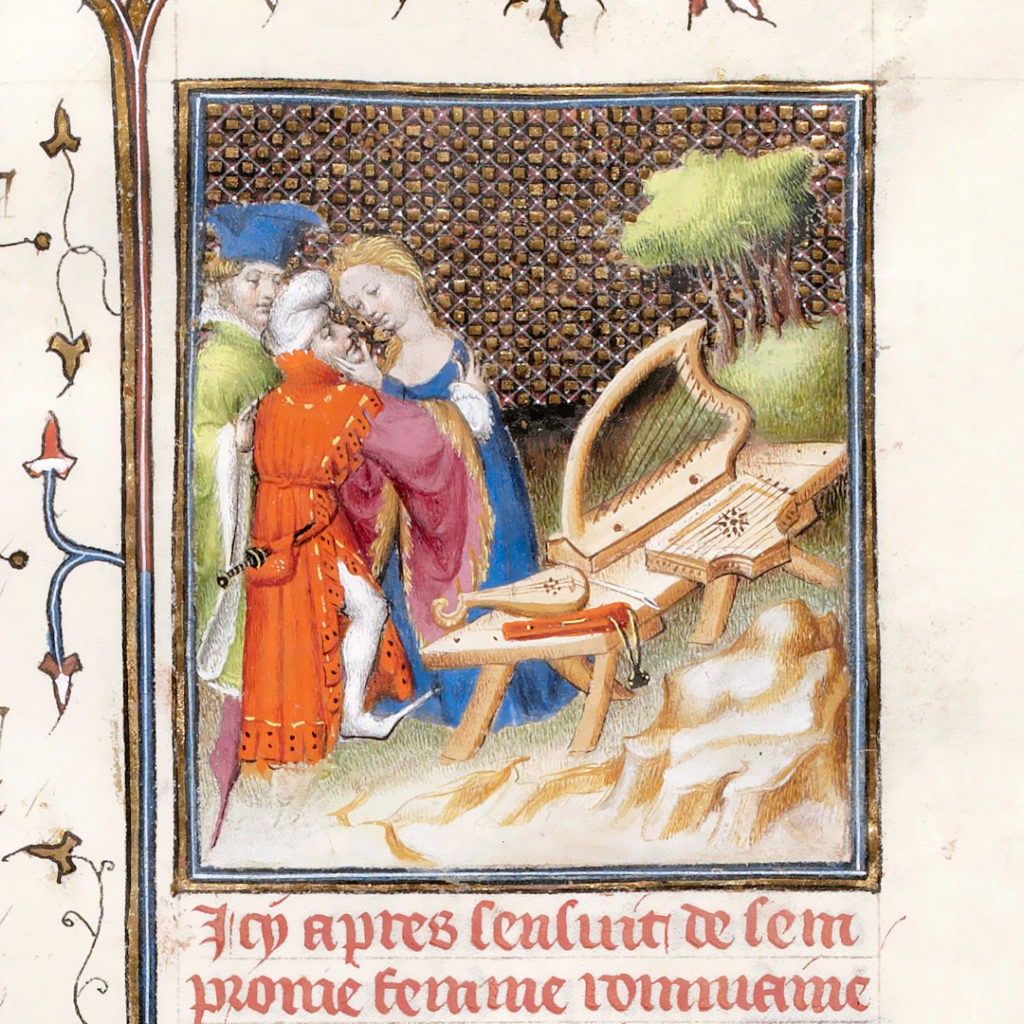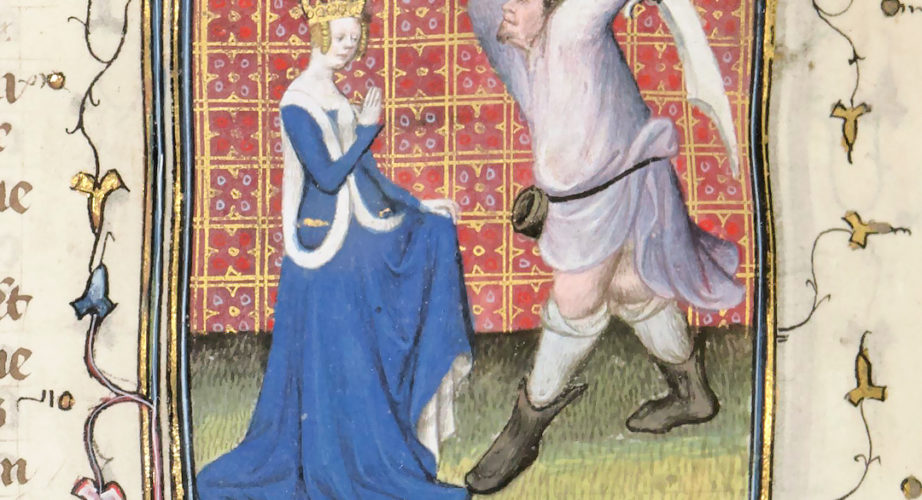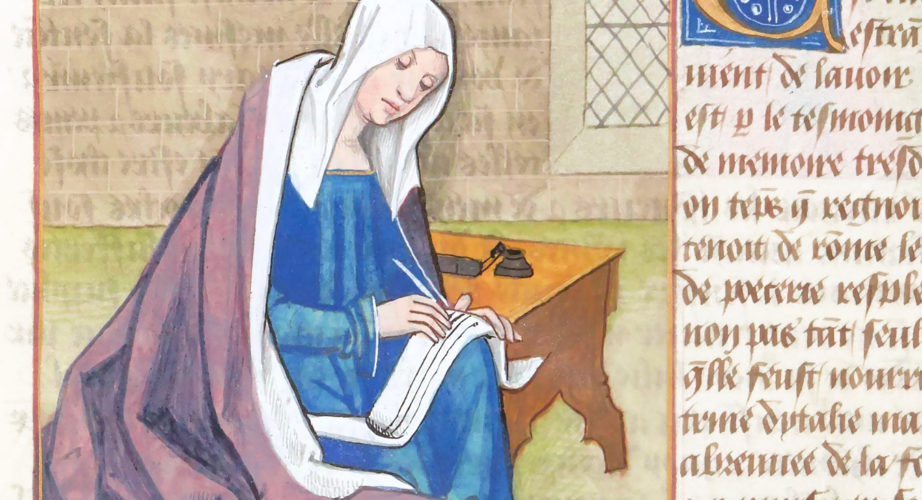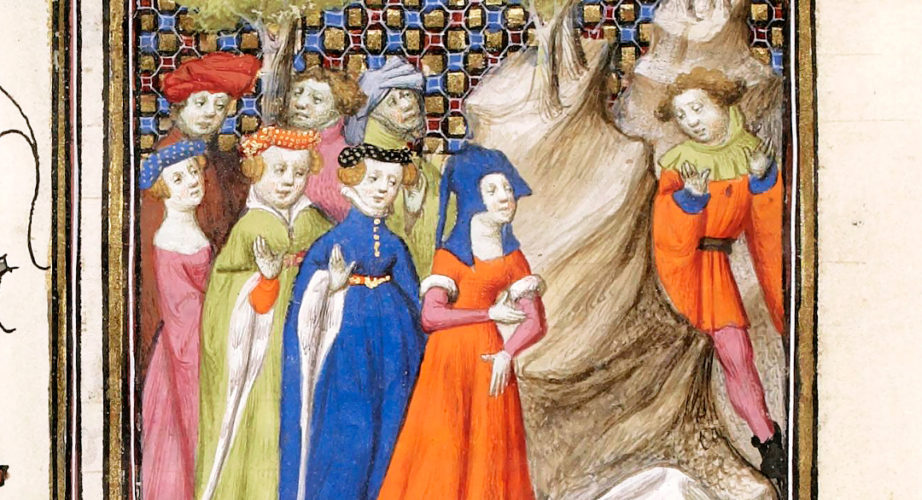Sempronia

Here we are again, celebrating the women praised by Boccaccio in his De mulieribus claris: our woman of the week is Sempronia, who lived during the last decades of the end of the Roman Republic.
Openly admired by her peers for her passions and skills, we are not really sure about her origins (some say her father was a politician, or maybe the sister of an aristocratic woman), but we do know the family she later built for herself: she was the wife of the consul Decimo Giunio Bruto and the stepmother of Decimo Giunio Bruto Albino, who later on took part in the assassination of Julius Caesar. She was not just passively involved in politics, though: without her husband knowing, she participated in the conspiracy of Catiline by welcoming the conspirators in her own home, which was near the Forum. This episode, however, did not cost her her marriage: Decimo Giunio Bruto did not find her guilty, and so did not repudiate her.
Well versed in languages (she spoke Latin and Greek) and music (she was an excellent dancer, she played the lyre and was even a gifted singer), Sempronia is a prime example of the new Roman woman, who is not bound any more to her house and dull pastimes.
Passionate and hungry for life, the Roman historian Sallustio wrote that she used to be the chaser rather than being chased, showing a spirited temperament which was hard to restrain.
Boccaccio, while criticizing her masculine and high-spending tendencies, praises her wit and even talks about her brilliant poetry. Boccaccio is, in his description of Sempronia, rather similar to Sallustio, both reprimanding and applauding her at the same time for her nonconforming personality.
“Sempronia”, illumination from the manuscript “Livre des femmes nobles et renommees”, ms. Français 598, f. 118r, 1403, Bibliothèque nationale de France, Département des Manuscrits, Paris.
Historically and mythologically speaking, being in a powerful position (and perhaps also a…
The time has finally come for the very first Women’s Wednesday of 2021!…
Welcome back to another Women’s Wednesday! Our weekly Mulier Clara, much like Sappho…


